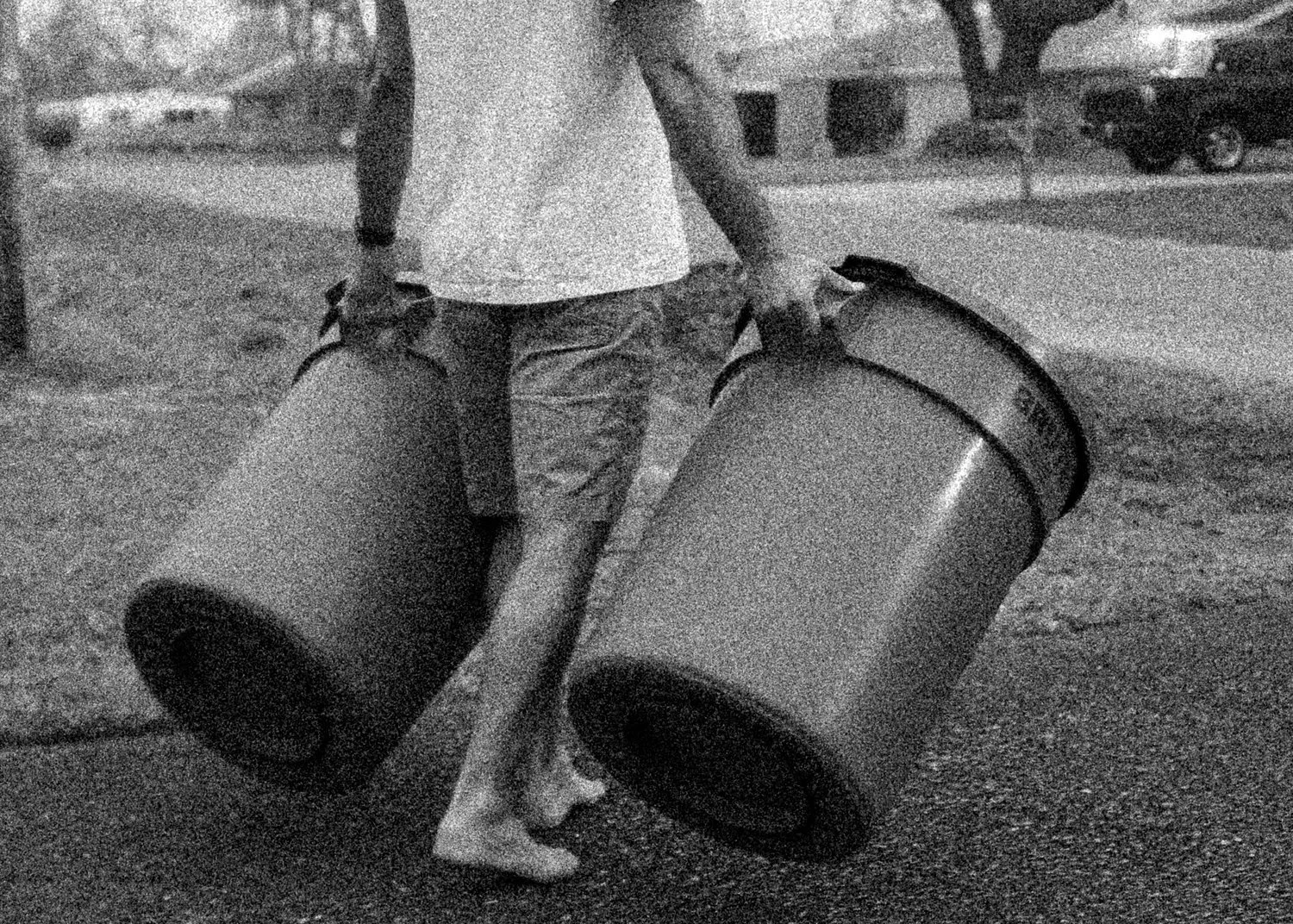Good Enough Is Not Good Enough
We all want to succeed at the things that we do in life. To some, success is measured in accumulation of wealth, time spent with family, prestige earned from a job well done.
Just like everything else that we do in life, words and labels are of paramount importance when we are defining what we do and what we don’t do. When you label a job as “good enough,” you are perhaps missing one of the critical elements of performance and the quest for perfection. Is good enough good enough? Perhaps for some it is. But for others, good enough is never good enough.
Military Perspective
From a military or high risk professional perspective (high risk professionals are those individuals who risk their lives or risk the lives of others in the line of duty), good enough does not cut it. When lives are on the line, good enough is never good enough. We always strive for perfection. We may never attain it, but we make continuous course corrections and seek critical feedback from our trusted agents to come as close as we can to a flawless performance. This may seem like too much work for some people; however, when lives are on the line and failure could mean certain death or worse, then approaching flawless execution is the only answer. When high risk professionals settle for the “good enough,” then complacency can raise its ugly head and we all know what happens when we get complacent.
Civilian Perspective
For some civilian professions, good enough is not good enough either. When your favorite professional team wins their respective title, they immediately study their films to see how they can do better next season. Even if they have won the game. Striving for continuous perfection is the mark of any professional organization; it should be a part of what you do as well. If you are taking out the trash, make it the most perfect trash taking out event that you can accomplish. Why? Because good enough becomes a habit that is hard to break. When you strive for perfection in everything that you do, this also becomes a habit. A good habit.
Love to Fail
Most people avoid failure at all costs. If you learn from your failures, then you should be happy to fail. In fact, those who fail learn more than those who succeed. Stories abound of companies and individuals failing countless times before they strike gold in their respective areas or expertise. Failing should be something that you embrace, as long as you learn from it and you don’t get someone killed in the process. That is why it is very important to learn from your failures in training and not when you are playing for keeps. Accepting failure and seeing it as a challenge can be quite a learning experience. I remember when I was nearly drowned during a phase of SEAL training called Pool Competency, or Pool Comp. We were attached underwater by and instructor who commenced to tie hoses in your Underwater Breathing Apparatus. As a student, you were supposed to clear the problem (often without the assistance of air in your lungs) and you had to follow a certain set of procedures. Failing during Pool Comp assured that you would learn from your mistakes so that you would not drown during a real world underwater emergency. Good enough did not exist in this situation. By failing during this phase of training, I learned that one should not be too confident of one’s abilities and always be on the alert. I eventually passed the event and moved on, but I learned a valuable lesson that day.
Taking out the Trash and Having Fun
Striving for perfection does not have to be a negative event. We are so programmed to be failure averse and avoid criticism that we have become psychologically soft and too sensitive when it comes to failure. The way that you can become more accepting of criticism and actually enjoy the process of striving for perfection is to suppress your own ego. In fact, go ahead and kill it while you are at it. Our egos take hold of our emotions and other faculties and drive us to avoid failure and criticism at all costs. Instead, you should focus on the mission at hand. What can I do to improve my performance so I can support this mission that I am on? And if the mission is taking out the trash of sweeping the floor, approach it in the same way that you would any other “more important” mission. You see, everything that we do has an innate importance to it because it builds our ability to perform in any situation. Just think of how you will perform at something that you are truly passionate about if you can perform flawlessly at something that you don’t like or want to do, like taking out the trash.
Assignment
Push good enough out of your collective lexicon this week. There is not place for it. Strive for a flawless performance at everything that you do, from the most mundane to the most important. Don’t do it for your own ego or self satisfaction. Do it because it is the right thing to do and part of the mission that you are on. A mission is always more important than the individual who is one it. It supports a higher purpose and goal. Practicing this pursuit of flawless performance at everything you do will pay huge dividends when you are in the arena and when you are doing something for real.
“Lean into it!”
Dr. N

